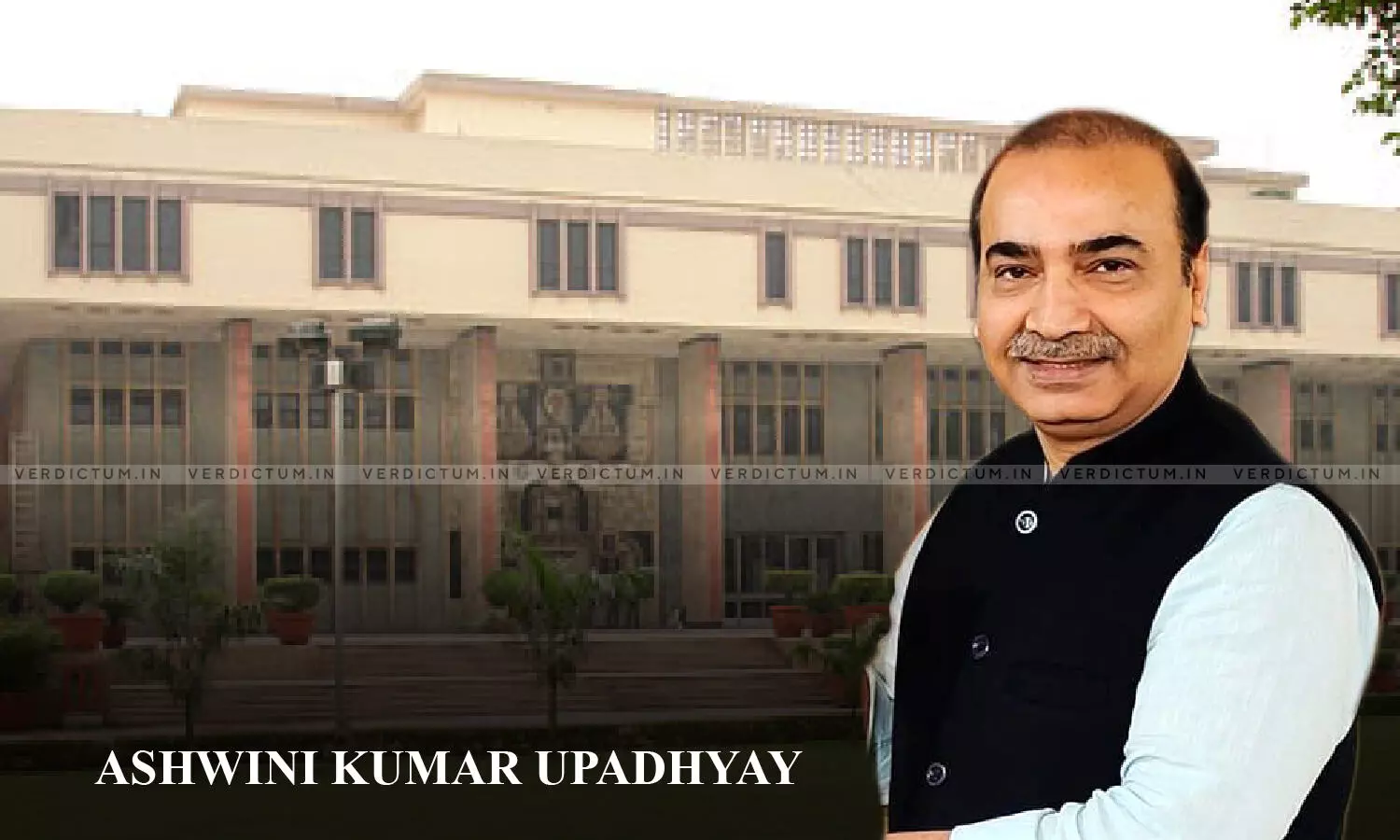
Nearly 120 Writ Petitions Challenging Provisions Of Waqf Act Are Pending Before Various Courts: Centre Informs Delhi HC
 |
|The Central Government has informed the Delhi High Court that nearly 120 writ petitions challenging one or more provisions of the Waqf Act, 1995 are pending before various Courts. The Centre said this in its application seeking more time to file a reply to the PIL filed by Advocate Ashwini Kumar Upadhyay who has challenged the validity of some of the provisions of the Waqf Act.
The Government had sought a grant of extension of the time in filing a reply to the said application. The following provisions of the aforesaid Act were challenged by the petitioner questioning their constitutional validity:
Section 4- Preliminary survey of auqaf; Section 5- Publication of list of auqaf; Section 6- Disputes regarding auqaf; Section 7- Power of Tribunal to determine disputes regarding auqaf; Section 8- State Government to bear cost of survey; Section 9- Establishment and constitution of Central Waqf Council and Section 14- Composition of Waqf Board.
“… nearly 120 writ petitions challenging one or more provisions of the Waqf Act 1995, are pending before various Courts. For instance, a similar PIL viz Devendra Nath Tripathi Vs UOI & Others, W.P. (C) No. 7422 of 2022 is pending adjudication before this Hon'ble Court and the Hon'ble Court has clubbed these two PILs and these matters are listed on 22.03.2023. Further, this Hon'ble Court vide its order dated 04.11.2022 granted time for filing of reply within six weeks”, the Centre submitted.
The Centre further submitted that a Transfer Petition has been filed before the Supreme Court by the petitioner and the same is pending.
“Keeping in view the multiple petitions challenging various sections of the Waqf Act, 1995, it is essential for the Respondents / Applicants to ensure that a clear and consistent view is taken. This involves thorough examination of petitions, consultation/vetting by t Government Counsels and discussions with other stakeholders, such as State Governments. It is submitted that Counter affidavits in most of the cases have not yet been filed”, the Centre also said.
The Centre, therefore, prayed before the High Court to grant an extension of three months for filing a reply.
In his plea, Ashwini Kumar Upadhyay has contended that the special status granted to Waqf properties is manifestly arbitrary, and irrational and offends Articles 14 and 15 of the Constitution. "Petitioner is challenging the validity of provisions of Waqf Act 1995, which is made under the garb of managing waqf properties but there are no similar laws for followers of Hinduism, Buddhism, Jainism, Sikhism, Judaism, Bahaism, Zoroastrianism and Christianity. Hence, it is against the secularism, unity and integrity of the nation," the petition says.
The petition says that, "The Waqf Act has given wide and uncontrolled powers to waqf boards and waqf properties have been placed over and above other charitable religious institutions. No other enactment has conferred such wide powers and status".
"The board has been given power to decide as to whether a particular property is a Waqf property or not and under section 40, it can question any property belonging to any trust or society and has power to declare the same as Waqf property. No safeguard has been given to the persons whose properties are being treated as Waqf property by the Waqf Board and even they have no occasion or opportunity to know about the decision, if any, passed by Waqf Board under section 40," the petition says.
Cause Title- Ashwini Kumar Upadhyay v. Union of India & Others